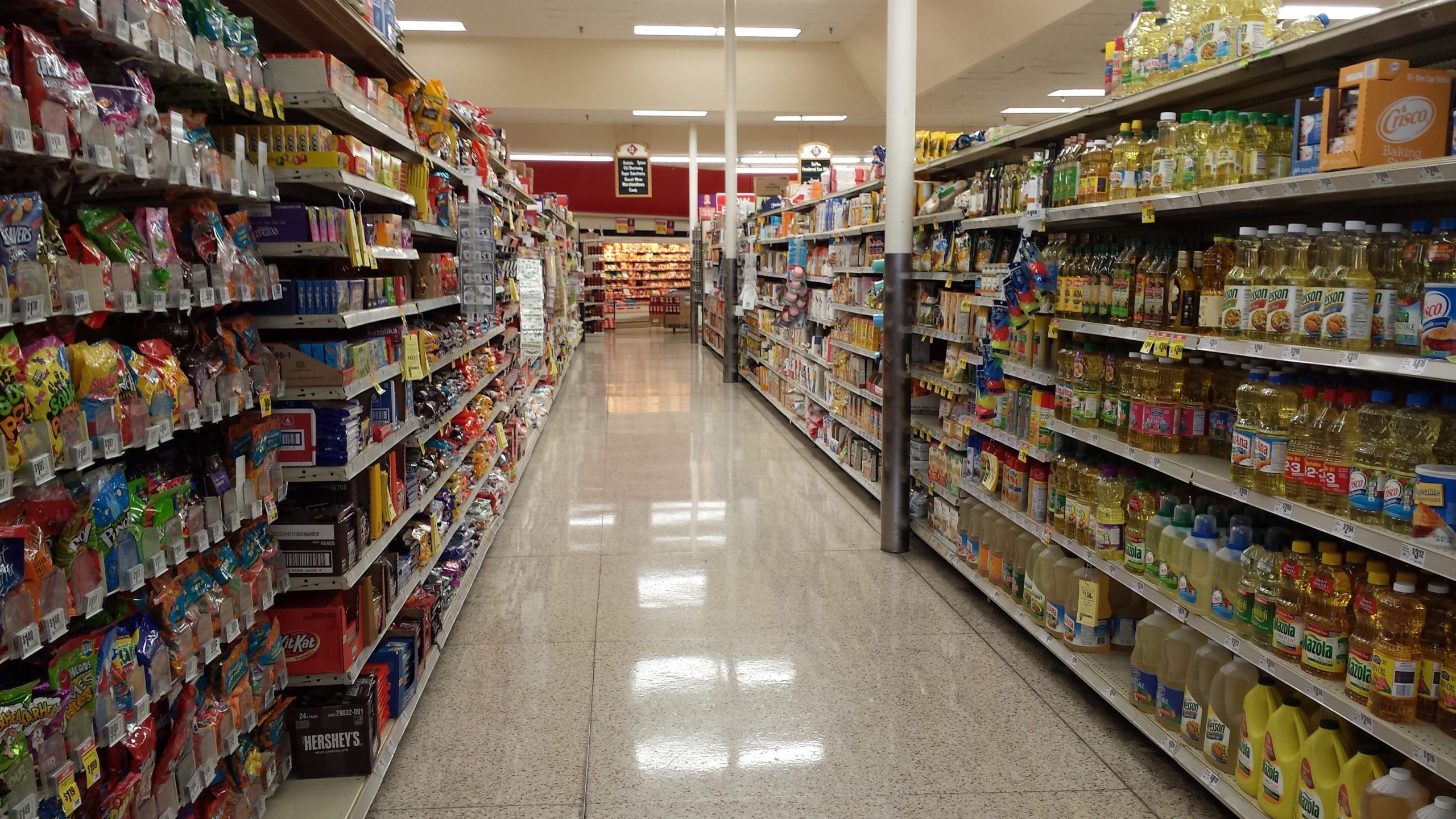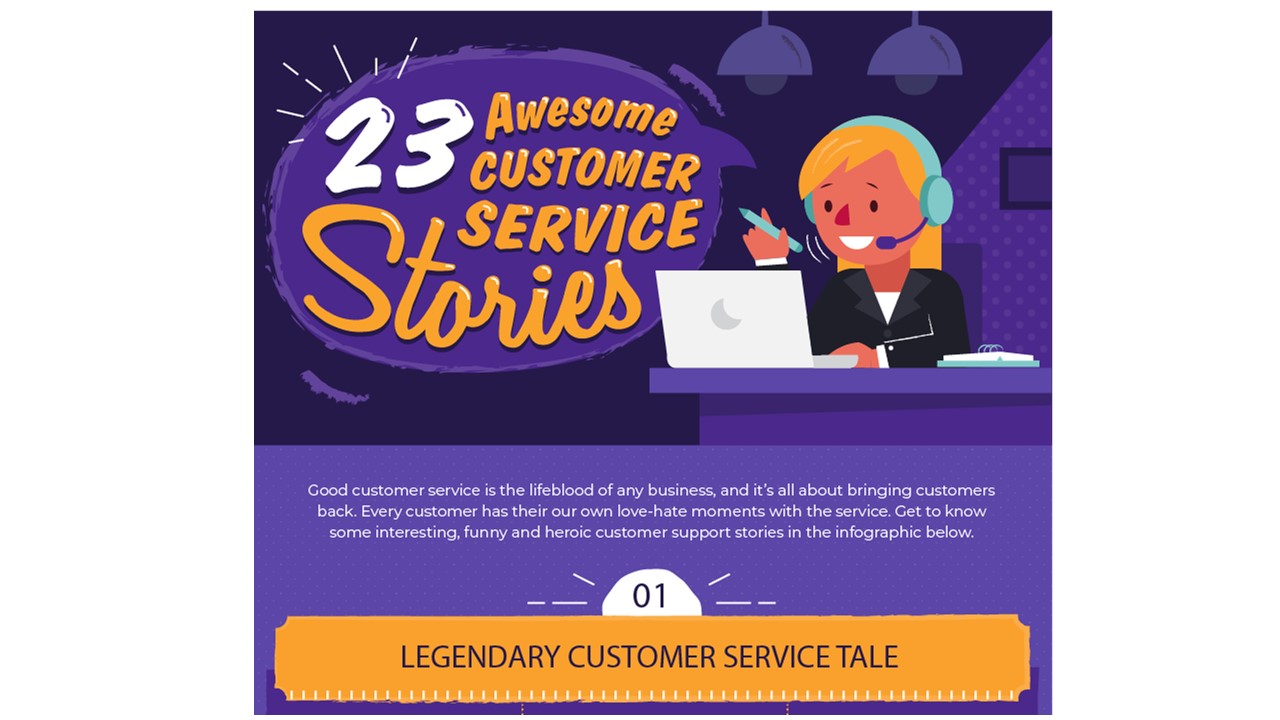
My holiday reading included Malcolm Gladwell’s Blink: The power of thinking without thinking (first published in 2005), which examines the role the human subconscious plays in influencing our decisions.
While Blink is not strictly a commerce book, it does contain some useful insights that can be used in business. A part I found especially interesting was where Gladwell suggests that giving customers more choice will not necessarily lead to an increase in sales.
A professor from Columbia University, Sheena Iyengar, did an experiment where she set up a tasting stand for jams at a supermarket in California. Iyengar wanted to see if offering customers a wider variety of jams will lead to higher sales. At certain times the booth had on display a variety of only six jams, while at other times there were 24 different types of jams.
Conventional wisdom says that the more choice shoppers have, the more likely they are to buy a product. However, Iyengar found the opposite to be true. Thirty per cent of shoppers purchased jam when offered a narrow selection, while only 3% bought jam when the booth had a wider variety.
According to Gladwell, buying jam is a “snap decision”, where customers “instinctively” pick a product they like.
Jerry Wind, a marketing professor at the Wharton School of the University of Pennsylvania, says in one article that “if customers have too much choice, they cannot make a decision; they freeze”.
Tim Smith, managing principal at Wiglaf Pricing, agrees: “Faced with too many choices, customers often end up making no choice at all.”
When we consider more complex products, such as cars or industrial machinery, giving customers too many variations on a single product can be the source of much frustration for companies.
Experts at Wharton and Booz Allen Hamilton say that modern companies are under significant pressure to be all things to all consumers. “Unfortunately, most companies struggle with the rising costs to serve customers that are demanding more and more variety, customisation, and personalisation.”
The article notes that sales people generally have a “the customer is king” mentality and will want to offer them anything they want. From a production and operational side this is, however, not always practical.
“Sales guys have an incentive to make products more complex because they want to close the deal,” says Matthew Egol, a principal at Booz Allen.
Egol highlights the case of a heavy equipment manufacturer that offered hundreds of versions of the products in its catalogue, which were then further customised by the sales teams into thousands of additional ad hoc configurations.
Leslie H. Moeller, a vice president at Booz Allen, says that sales and marketing people are often ignorant about the real costs of creating more variety and introducing more complexity.
Author: Jaco Maritz is the publisher of How we made it in Africa








